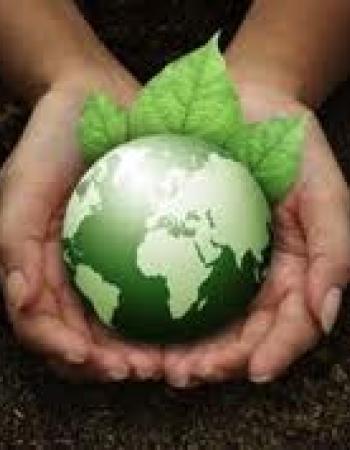Enhancing the Biodegradability of LDPE Plastic Waste through Sustainable Bacterial Isolates from Saudi Arabian Soils
The unregulated utilization and extensive disposal of synthetic polymers, resulting in
excessive buildup in natural ecosystems, has become a significant cause for alarm. Consequently,
there is a pressing need for the development of sustainable plastic degradation methodologies. In
the present study, the potential of new Bacillus strains isolated from five petroleum stations to
degrade plastics LDPE (Low-density polyethylene) and polyester: plastic bags, bottles and cups
was investigated. Following bacterial screening and molecular identification, two strains with
no previously known plastic removal ability, Bacillus cytotoxicus SB 9 and Bacillus sp. revealed
good plastic biodegradation ability at 37 ºC surfaces with Scanning Electron Microscopy (SEM)
and pronounced weight loss were observed with the mixture of bacterial isolates mainly on the
plastic cup, bottle and then the bag. These results indicate the ability of these novel Bacillus
sp. to develop a synthetic polymer degrading mechanism as a promising, smart eco-friendly
plastic waste management for the soil environment.

The coronavirus (CoV) family has many more pathological causes for humans and animals. CoV disease 2019 (COVID-19) has spread very rapidly
worldwide is endemic, was first identified,…

The unregulated utilization and extensive disposal of synthetic polymers, resulting in
excessive buildup in natural ecosystems, has become a significant cause for alarm. Consequently,
…

Cellulase and pectinase are degrading cellulosic and pectic substances that form plant
cell walls and, thereby, they have a wide range of applications in the agro-industrial by-products…

